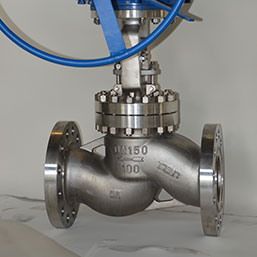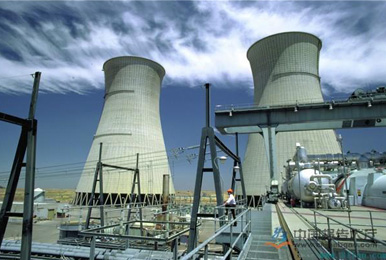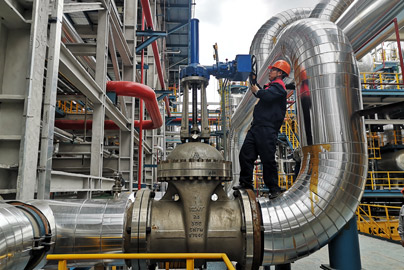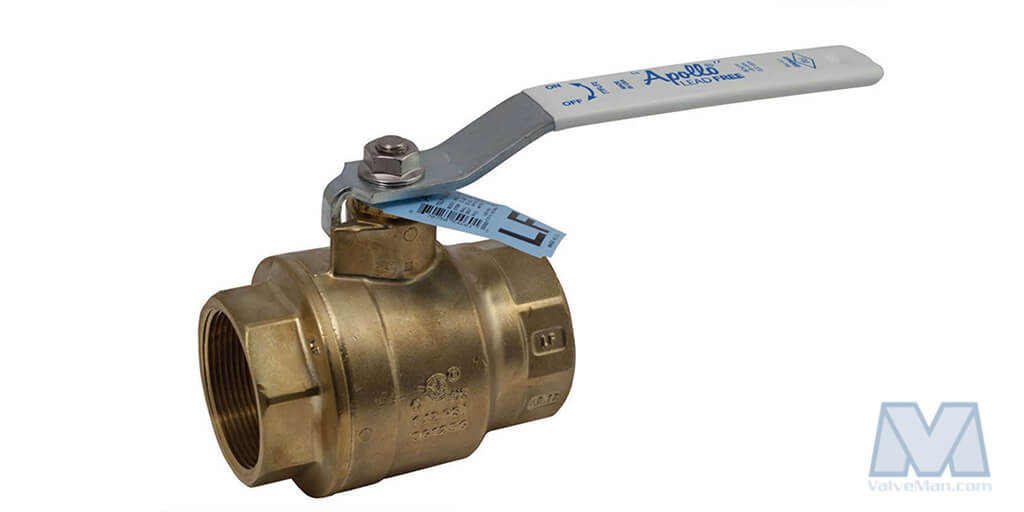DC brushless servo motors are crucial components in many industrial and commercial applications. Known for their high efficiency, reliability, and precise control, these motors are used in various systems, including robotics, CNC machines, and automation. Unlike traditional brushed motors, DC brushless servo motors eliminate the need for physical brushes, reducing wear and tear and increasing lifespan. This article explores the benefits, features, applications, and key considerations when selecting DC brushless servo motors, while also touching on their role in industries where materials like geocomposite are used.
What is a DC Brushless Servo Motor?
A DC brushless servo motor is an electric motor that uses a feedback system to provide precise control of speed, position, and torque. Unlike brushed motors, brushless servo motors do not rely on brushes to transfer power to the rotor. Instead, they use electronic commutation, which significantly reduces friction and improves efficiency. These motors are ideal for applications that require high precision and reliability, as they can maintain consistent performance over a long period of time with minimal maintenance.



What Are the Key Advantages of Using a DC Brushless Servo Motor?
The key advantages of DC brushless servo motors include:
- High Efficiency: Since there are no brushes, these motors experience less energy loss and generate less heat, leading to better overall efficiency.
- Longer Lifespan: The lack of physical brushes reduces wear and tear, resulting in a longer operational life.
- Better Control and Precision: Brushless servo motors offer superior control over speed and position, which is essential in high-performance applications.
- Low Maintenance: With no brushes to replace, these motors require significantly less maintenance, reducing downtime and operational costs.
- Compact and Lightweight: These motors are often smaller and lighter than their brushed counterparts, making them ideal for space-constrained applications.
What Are Some Common Applications of DC Brushless Servo Motors?
DC brushless servo motors are used in a wide range of industries where high efficiency, precision, and durability are crucial. Common applications include:
- Robotics: Used in robotic arms and automation systems, where accurate movement and minimal downtime are essential.
- CNC Machines: These motors are used in CNC (Computer Numerical Control) machines for precise cutting, drilling, and milling operations.
- Industrial Automation: Employed in conveyor systems, packaging machines, and material handling systems.
- Aerospace: DC brushless servo motors are often used in aerospace applications due to their lightweight and reliable performance.
- Electric Vehicles: In electric vehicles (EVs), they are used for driving motors that provide smooth acceleration and efficiency.
In industries that work with materials such as geocomposites—geosynthetic materials made by combining multiple layers of different substances—DC brushless servo motors are often utilized in production lines and machinery for handling and shaping these complex materials.
How Does a DC Brushless Servo Motor Differ From Other Types of Motors?
The primary difference between a DC brushless servo motor and other types of motors (such as brushed DC motors or AC motors) lies in their commutation method and overall efficiency.
- DC Brushless vs. Brushed DC Motors: Brushed motors use physical brushes to create contact with the rotor, which leads to more friction, wear, and maintenance. In contrast, brushless motors use an electronic controller to provide power to the motor’s windings, resulting in lower friction and longer operational life.
- DC Brushless vs. AC Motors: While AC motors are commonly used for high-power applications, DC brushless motors are better suited for high-precision tasks and smaller applications where efficiency is a priority. AC motors generally require more space and can be less efficient than DC brushless motors in specific use cases.
DC brushless servo motors are an essential component in modern industrial automation, robotics, and precision machinery. Their advantages include higher efficiency, longevity, minimal maintenance, and superior control. These motors are especially valuable in systems where high precision is required, such as CNC machines, robotics, and electric vehicles. In industries such as geocomposite production, where reliable machinery is crucial, DC brushless servo motors play a significant role in enhancing the quality and efficiency of the manufacturing process. When selecting a motor for your application, considering factors such as power requirements, size, and performance needs will help ensure you choose the most suitable option for your operations.
